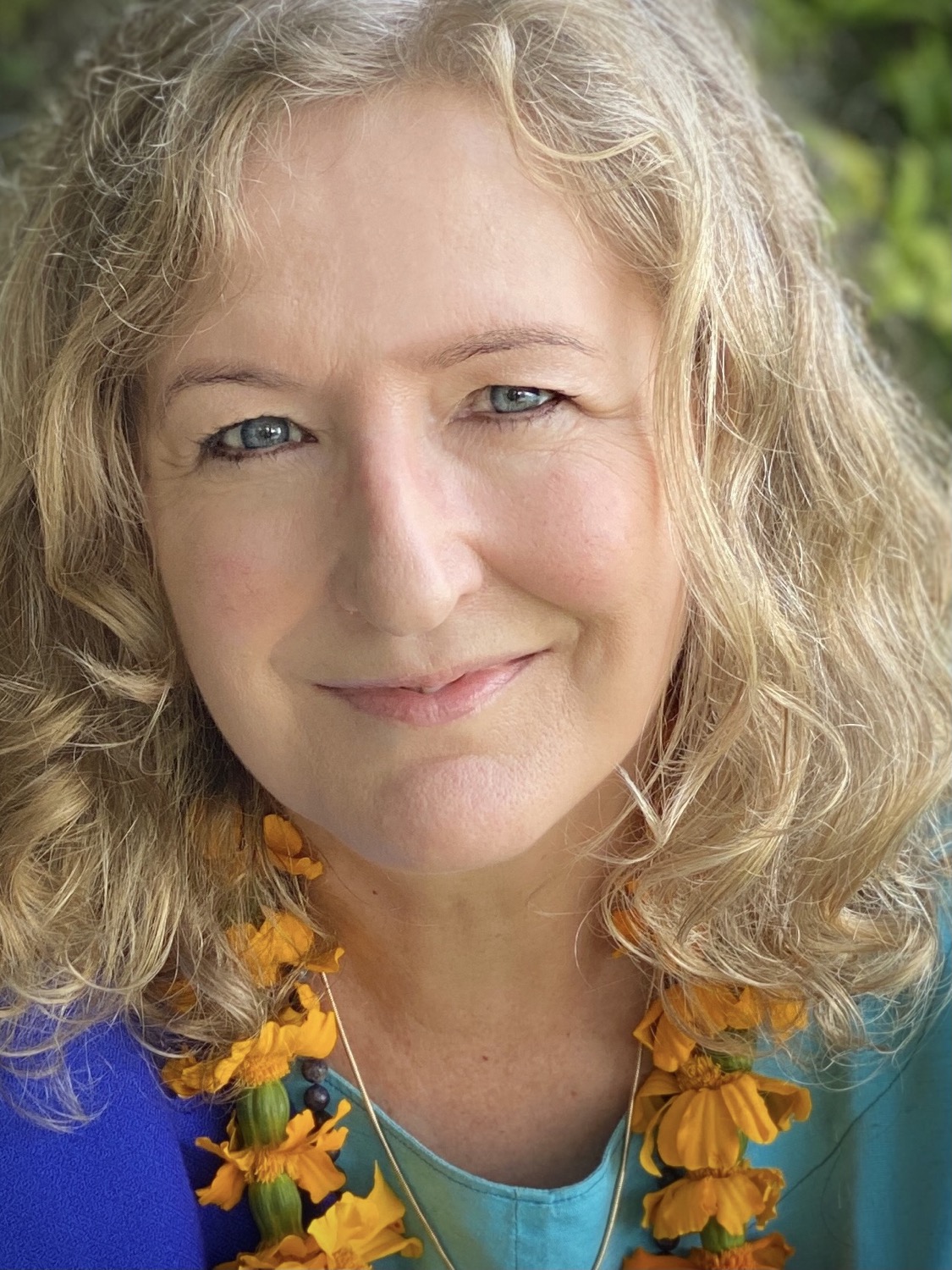- Sampriya

- Nov 26, 2018
- 0 min read





As our friends in the United States are about to celebrate Thanksgiving this coming Thursday, these reflections on gratitude, written a while ago, seem appropriate for reposting.
The Holiday of Thanksgiving is traditionally a time when people count their blessings. Engaging in gratitude is also a recommended practice in many ancient and more recent spiritual traditions.
As for how to practice gratitude, it is commonly understood as focusing on the good things and the blessings we have in our lives. Often it means paying attention to the things we take for granted: the wonderful people, the material goods and security that life has gifted us with. For many it is a way to channel the attention away from the negative aspects of their circumstances - away from all the places the mind gravitates towards when it goes unchecked.
Giving the mind a direction, a focus that yields positive feelings and appreciation, is a valuable practice in and of itself. With this practice, our attention is lead to a higher and happier vibration. It influences our mood and creates contentment, which in turn transforms our whole experience of life. Still, there is much more to gratitude than a positive attitude that creates a nice space for us and others.
Gratitude is in fact the language of the Self. Expressing gratitude - at its deepest level - means to be tuned in to the fact that all we see, know and are is a manifestation of the Divine Self. Everything in existence is a direct expression of that Divinity manifesting as people, animals and plants, rather as the whole universe. When we express true gratitude, we acknowledge the Divine Life that animates all the forms as our very own Source. In other words: expressing gratitude from that place of awareness brings us to know and experience the inherent Oneness of all.
Best wishes for a wonderful Holiday season! Hopefully this will encourage you to make your own experiment with gratitude that is more than an attitude. It will lead you to embody Oneness by expressing gratitude not only for their things in life, but for the Life in things ❤️

As human beings we have an interesting relationship with the concept of truth. To our waking-state mind the idea of truth seems straightforward and relatively reliable. Something is either true or it isn't. When we perceive something with our senses, or we reason out a fact with our mind, we think of that as the truth. Since our eyes perceive the sky as blue, we regard blueness as the truth of the sky. Someone who says the sky is green is considered to be deluded or lying. When scientists proclaim that research and rigorous testing have resulted in the conviction that something is beneficial for our health, we think of that result as the truth. In the same way, we tend to call a cultural tradition a fact or truth, just because it has been perpetuated for a long time.

These examples have two things in common: first, they depend on our perception, which makes them subjective even though we call them truth - and second, despite the fact that we treat them as dependable and valid, they are not as permanent as we think, since they can change. We have seen it many times. Something we believed to be accurate or legitimate, turns out to be false. Even a scientific truth backed up by research and tests can change after a time, if new discoveries reveal previously unknown facts.
We may not be fully aware of it, but as human beings we are looking for truth, because we have a need for stability and certainty. We want to know that we can count on the truth of things, people, situations and beliefs to give us a sense of permanence and safety. Living in a world of incessant changes and in a body that is subject to inevitable transformation and ageing, we are looking for something that is unchanging.
When we study the nature of our human existence, we inevitably come to the conclusion that in the world of forms, there is no such thing as permanence. If we want to find a kind of Truth that is unchanging, we have to look beyond the form and beyond the human states of consciousness*. We can't reach there with our senses though, since they are not equipped to perceive that which is formless. That's why this other dimension, also called the 4th state of consciousness or Turiya, cannot be experienced with open eyes.
With closed eyes we connect to a different kind of perception, a different kind of knowing and a different kind of Truth. It is no longer the eyes that see, but seeing is there. It is no longer the mind that knows, but knowing is there. We may notice shifting thoughts and conclusions floating through our consciousness, but we also see that they appear and disappear in a space of infinite and unchanging vastness. By paying attention to that space we realise that the one watching and knowing the infinite space is as unchanging as the space itself. In fact they are one and the same, One Self, One Truth, Pure Free Forever. Meditation is the immense gift that allows us to transcend the human waking-state consciousness and its ever-changing conditions. In Meditation the Truth of our nature as the One infinite and unchanging Self is revealed.
If you want to connect to your inner Truth, to learn about Meditation and how to build a practice to access the deeper aspects of your Being, write me an e-mail for a free half hour consult and visit the pages about Meditation, Online Meditation Training and Online Meditation Mentoring on our website.
#onlinemeditationtraining, #onlinemeditationmentoring, #meditationmentor, #meditationteachertraining
*waking state, dream and deep sleep. For more information on the states of consciousness, you can read these previous blogposts: what-we-think-we-become, meditation-allows-the-caterpillar-to-know-it-is-a-butterfly, sound-is-innocent